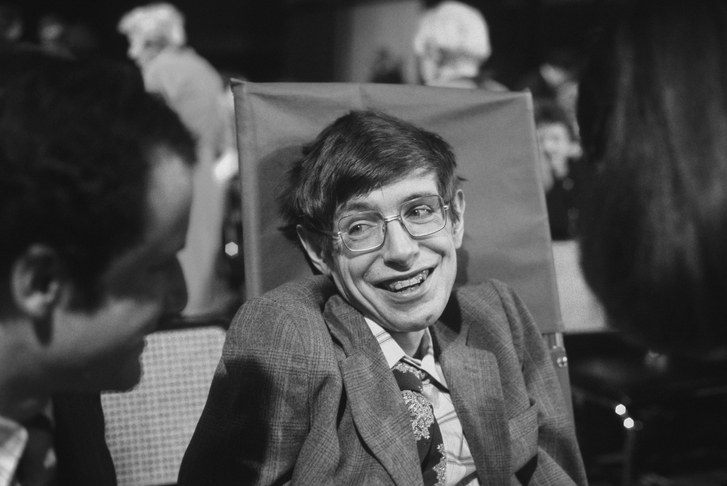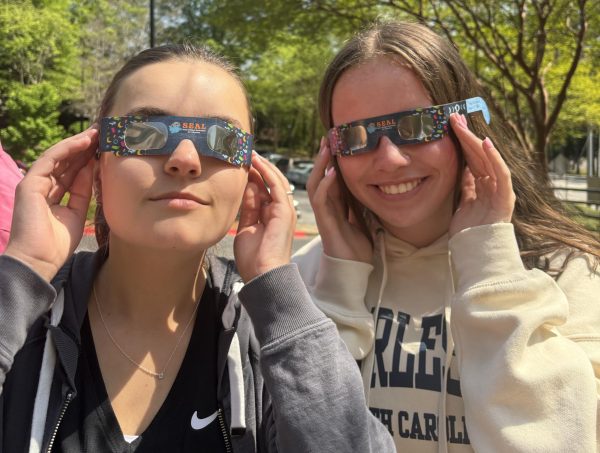Scientist Stephen Hawking Passes On To Cosmic Pathways
Stephen Hawking, the one of the world’s most well-known scientists both inside and outside the scientific community, died on March 14. He was 76. His early life was chronicled in the critically-acclaimed 2013 film “The Theory of Everything.”
Hawking is set to become one of the most recognized scientific minds in history, alongside Newton, Einstein, Copernicus, and more, and there are countless reasons why he deserves this. For one, he attended Britain’s oldest and most prestigious university, Oxford. He expanded or created many important theories, such as singularity theory and several related to black holes. For his work, he even had a type of radiation named after him: Hawking radiation. And a laundry list of other awards, titles, accolades and accomplishments.
Coincidentally, in an interesting connection to his fellow genius scientific forebears, his death date was also the 139th anniversary of physicist Albert Einstein’s birth. Furthermore, he was born on the 300th anniversary of Galileo’s death. Despite the rather non-mathematical nature of coincidences, it’s heartwarming that in even death Hawking is inextricably tied to science, his lifelong passion, in some way.
Aside from his intellect, Hawking is best known, sadly, for his disease, Lou Gehrig’s disease or ALS — specifically early-onset ALS. In 1963, at only 21, he was diagnosed with the condition and given two years to live. The affliction gradually paralyzed him as he got older, eventually reaching the point where he was wheelchair-bound and could only communicate by moving his cheek muscles and painstakingly selecting words via a specialized machine. But he lived a long life, defying his prognosis by a staggering 53 years, and continued to practice his profession — on a limited bases — until the end, as well as publishing several books in later years.
In that spirit, throughout his life, Hawking refused to let his disability control him. He often refused help in earlier years and didn’t discuss his conditions much at all. His continued work even as he deteriorated speaks to his determination. He said that he preferred to be known as “a scientist first, popular science writer second, and, in all the ways that matter, a normal human being with the same desires, drives, dreams, and ambitions as the next person.” Hawking was and continues to be an inspiration for scientists, the disabled, and everyone else alike, and that is perhaps his best accomplishment out of them all.
















